In 1889, the same year as the Oklahoma land rush, two
Eastern women arrived at the Nez Percé reservation in Idaho determined to
implement the Dawes Act. Alice
Fletcher was a leader of the group that called itself the
"Friends of the Indians," a pioneer in the emerging field of
ethnology, and one of the architects of the new law.
Her companion was Jane Gay, a sometime poet who had learned
the art of photography to document their time with the Indians. They had come,
they believed, to "save" the Nez Percé from themselves -- by dividing
up their land and making them homesteaders.
Alice explained ... the land allotment ... and her wish that
the whole people would see the wisdom of the great change... At length one man
stood up, a tall, broad-shouldered fellow... He said, "We do not want our
land cut up in little pieces ..." A groan of assent ran along the dark line
of Sphinxes ... "We must come together and decide whether we will have this
law ..." She told them that there is nothing for them to decide ... The law
must be obeyed.
Alice Fletcher immediately set to work marking off the new
boundaries on the reservation. The Nez Percé came to call her the
"Measuring Woman." Chief Joseph himself came to pay a visit. After his long
flight from the army in 1877, he had been exiled to Oklahoma, and then allowed
to return to a reservation in eastern Washington -- but not to his beloved
homeland, the Wallowa Valley in Oregon. Using a new device -- a wax cylinder --
Fletcher convinced Joseph to record one of his traditional songs.
An excerpt from Fletcher's recording of Chief Joseph singing ...

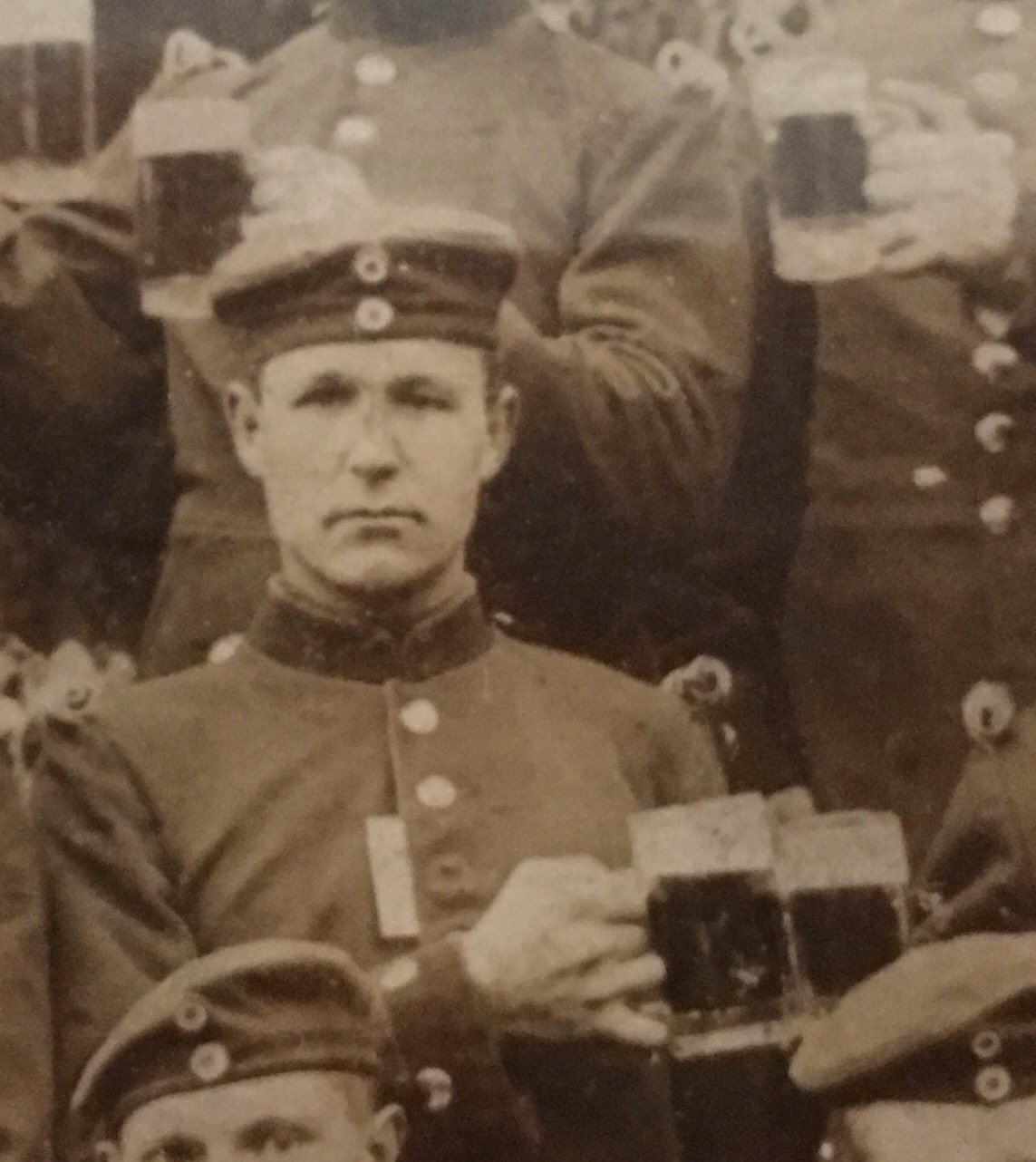








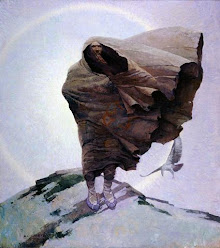













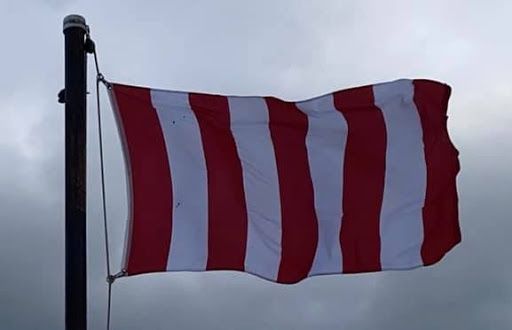
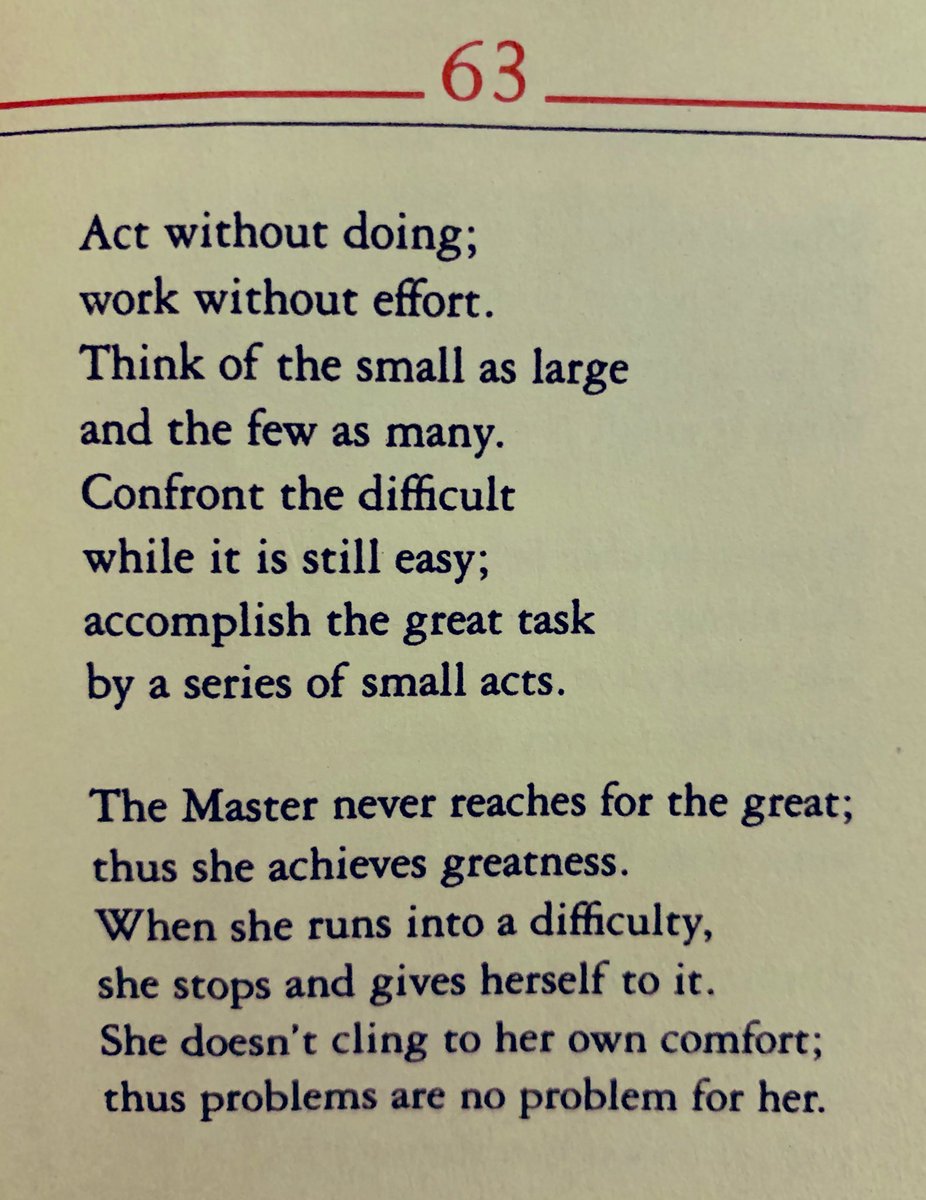









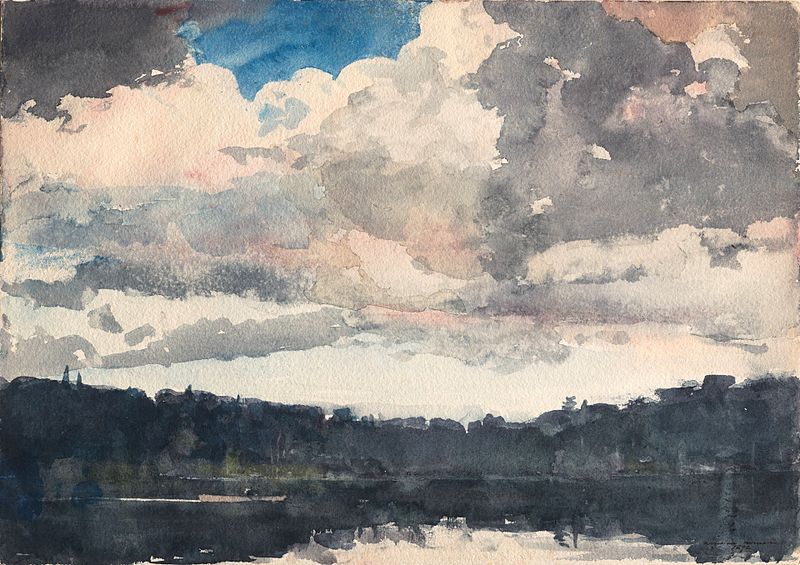





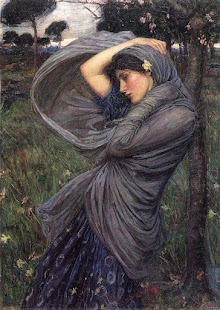












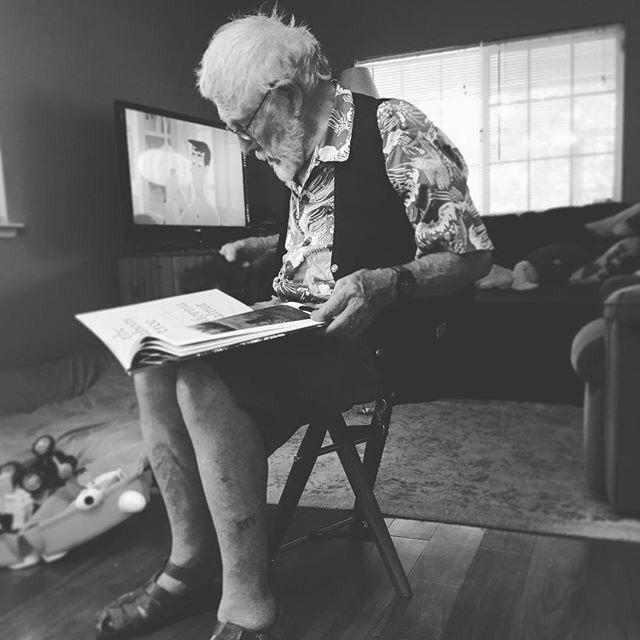

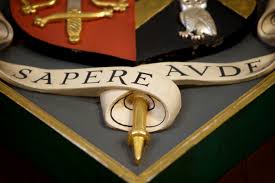






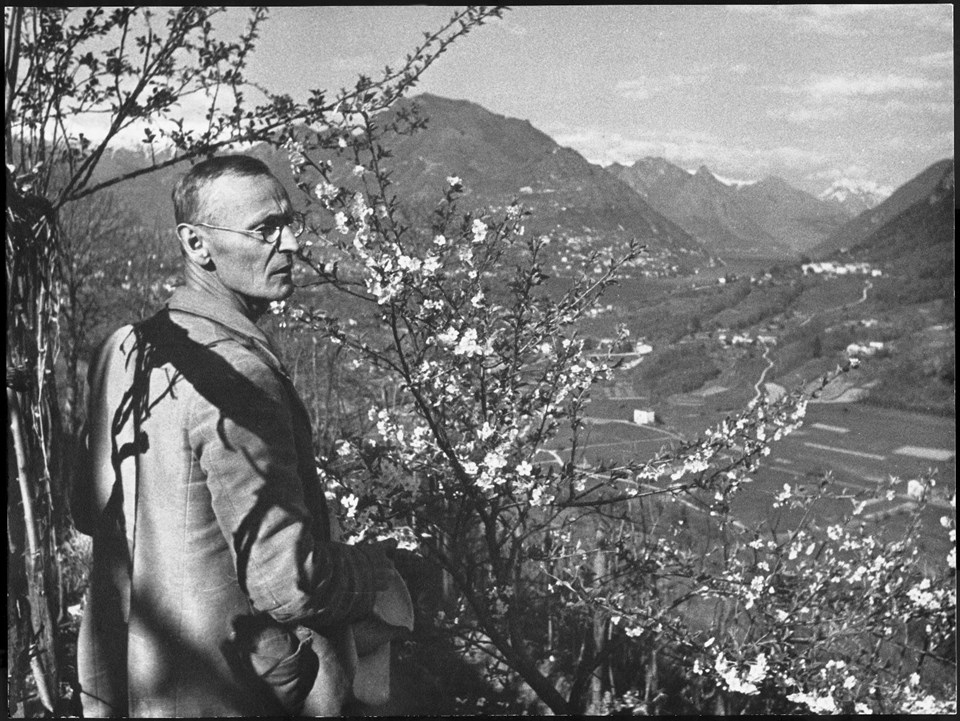


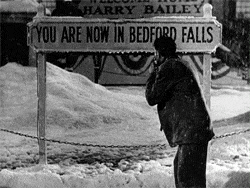







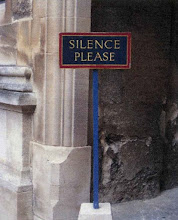









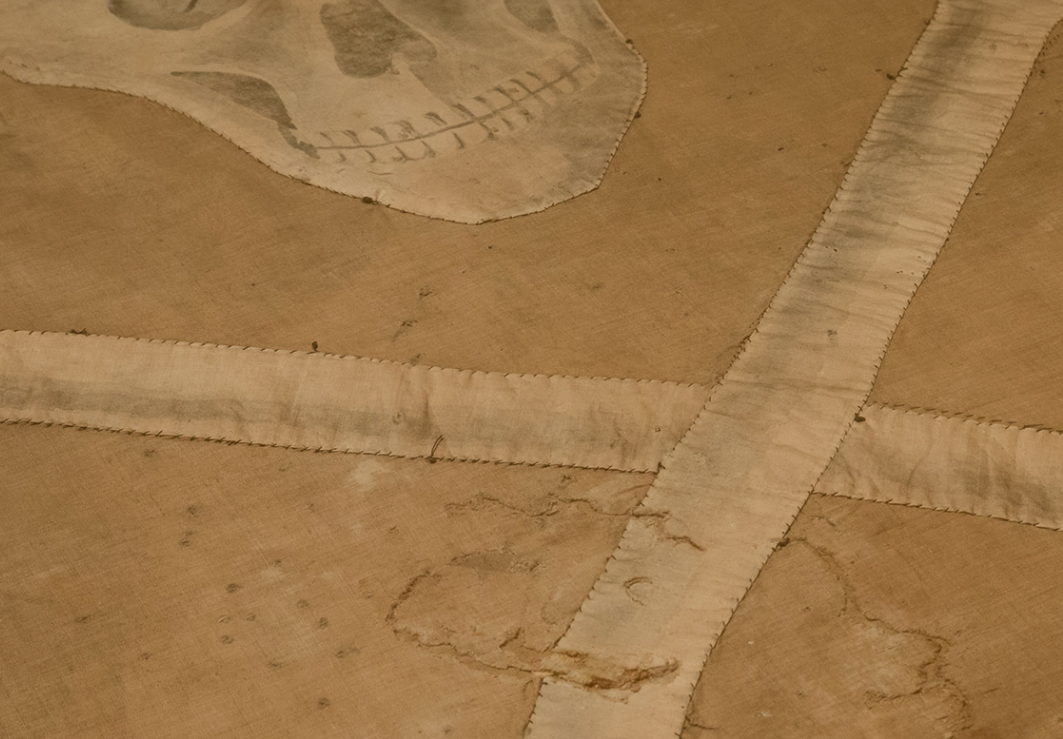


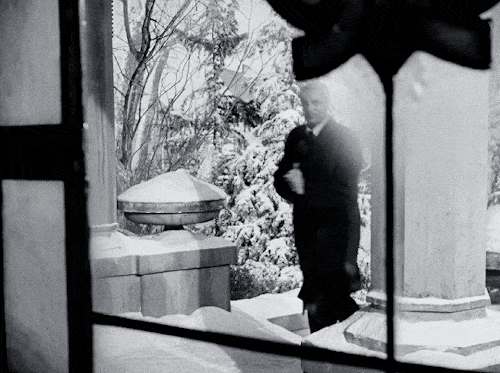


















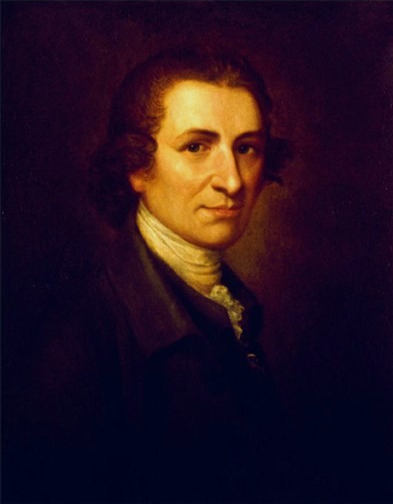


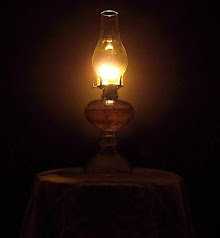







No comments:
Post a Comment